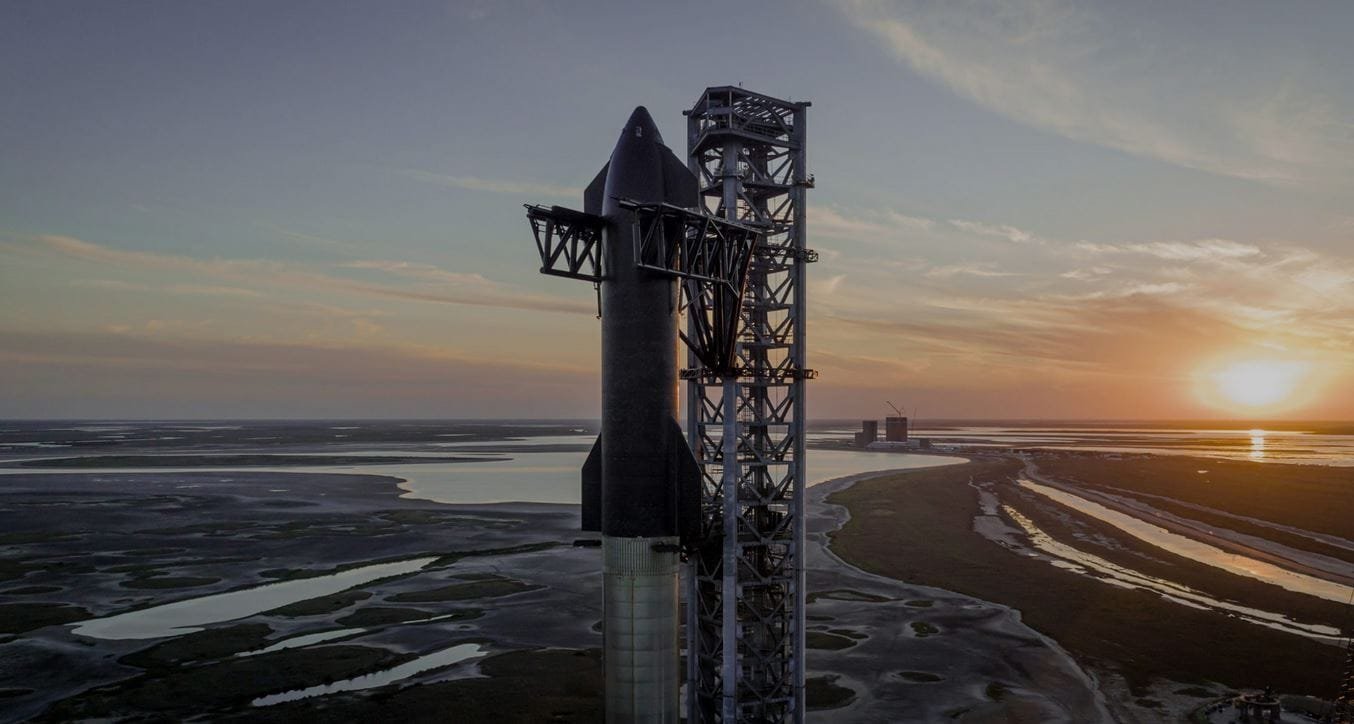The world is facing serious, seemingly intractable challenges: energy scarcity, incurable diseases, wars, poverty, shortages of clean water and food, management of climate impacts. These, and other problems, are a cause of anxiety or despair to many, exacerbated by disagreements among experts as to how to prioritize the problems and by the elusiveness of solutions.
Yet, some don’t see our trajectory as dire. They claim – like Marc Andreessen in his recent Techno-optimist Manifesto – that we have reasons for optimism because human ingenuity and ambition will bring technological solutions to our ills. Watching innovators and creators such as Elon Musk who is busy sending more rockets to space than NASA, planning the colonization of Mars, manufacturing more EVs than any other car company, and developing the Optimus humanoid robot assistant, it is easy to be persuaded by techno-optimism.
I do share Andreessen’s techno-optimism about the human capacity for ingenuity and for ambition. At the same time, I am concerned that we lack the right social condition for technological innovations to fully flourish: freedom.
As Matt Ridley observes in his book about the history of innovation, How Innovation Works: And Why It Flourishes in Freedom, innovations of all kinds don’t do well in controlled economies coordinated by bureaucrats. Instead, they are abundant when people are free to think, find solutions to problems, and to trade, such as during the Enlightenment period and the Industrial Revolution and in the mostly free countries today. Steam engines, antibiotics, computers, mobile phones, artificial intelligence, and blockchain were not developed in authoritarian North Korea, Cuba, Venezuela, Iran, China, or Russia but in England, America, and other mostly free countries (from which the totalitarian and authoritarian regimes stole and copied the new technologies).
Developing technological or other solutions to problems requires thinking: adhering to reality by the means of observation and logic. This is possible only when we are free. We cannot solve a math equation at the point of a gun, nor design a prosperous socialist economy. The mind cannot be forced to produce correct answers or to contradict reality when trying to solve problems.
The Techno-optimist Manifesto does not fully recognize the necessity of freedom. It lauds the free market and individual agency yet takes the prevailing mixed economy for granted as the ideal context for technological innovation. In a mixed economy, of freedom and government controls, the technological innovators and producers create wealth that the government taxes to pay for social welfare.
The view of the mixed economy as the ideal system is shared by techno-skeptics who want the government to regulate innovators and producers to protect us against any harmful use of technology and to “redistribute” these creators’ wealth to those who don’t produce, or produce less, for the sake of equity. In a mixed economy, the government regulators decide which technologies can be developed and which ones not. So far, the regulators have said ‘no’ to nuclear power and yes to solar panels and wind turbines. They have said ‘yes’ to electric vehicles and ‘no’ to gas-powered cars. They have said ‘yes’ to paper straws and ‘no’ to single-use plastics.
These decisions have made no difference to distribution of wealth or to climate change but have increased pollution, energy poverty, and the cost of living, hurting those with the lowest incomes the most. Rather than increasing human flourishing, government regulations have diminished it.
If we want to maximize genuine human flourishing with the help of technology, including increased prosperity for all and management of climate impacts, the mixed economy with its ever-expanding welfare state and government controls is an impediment. The mixed economy disincentivizes technological innovation because it does not protect the freedom of creators and their trading partners but violates it through regulations and “redistribution” schemes.
To let technological innovation truly flourish, we need a different social system where the freedom of individuals to think, produce, and trade freely is protected. That system is capitalism – where the government’s only role is to protect its citizens against the initiation of physical force and fraud. The government protects freedom by upholding individual rights to life, liberty, property, and the pursuit of happiness. It deters and punishes rights violators through the police and the law courts. That, instead of the regulatory and redistributive state of a mixed economy, is all what is needed to protect our freedom to think, produce, and trade – and to develop technological solutions to our problems and a prosperous economy for all.
We should say ‘yes’ to techno-optimism but ‘no’ to the regulatory state—and build a foundation of freedom that makes full technological and economic flourishing possible.




